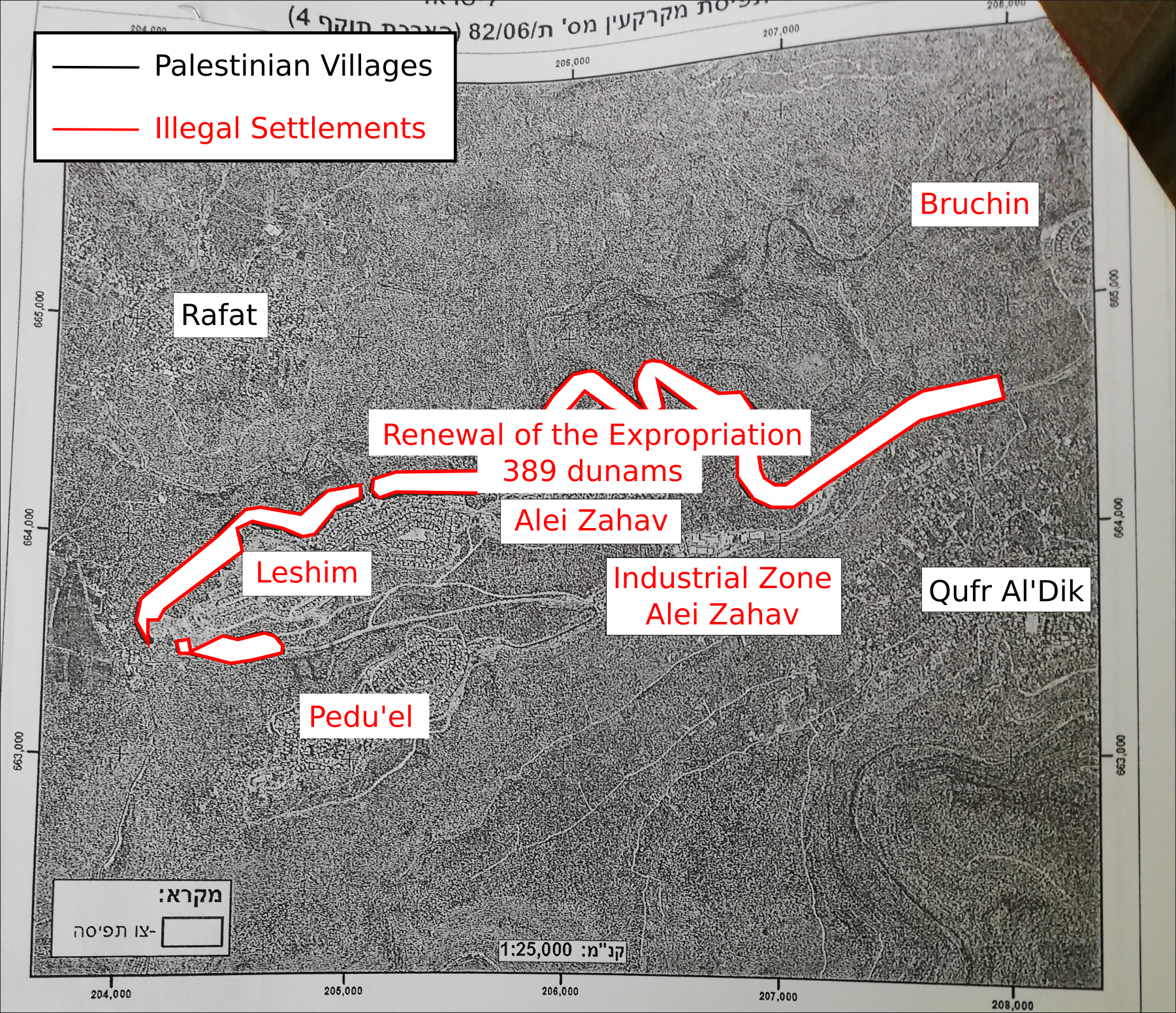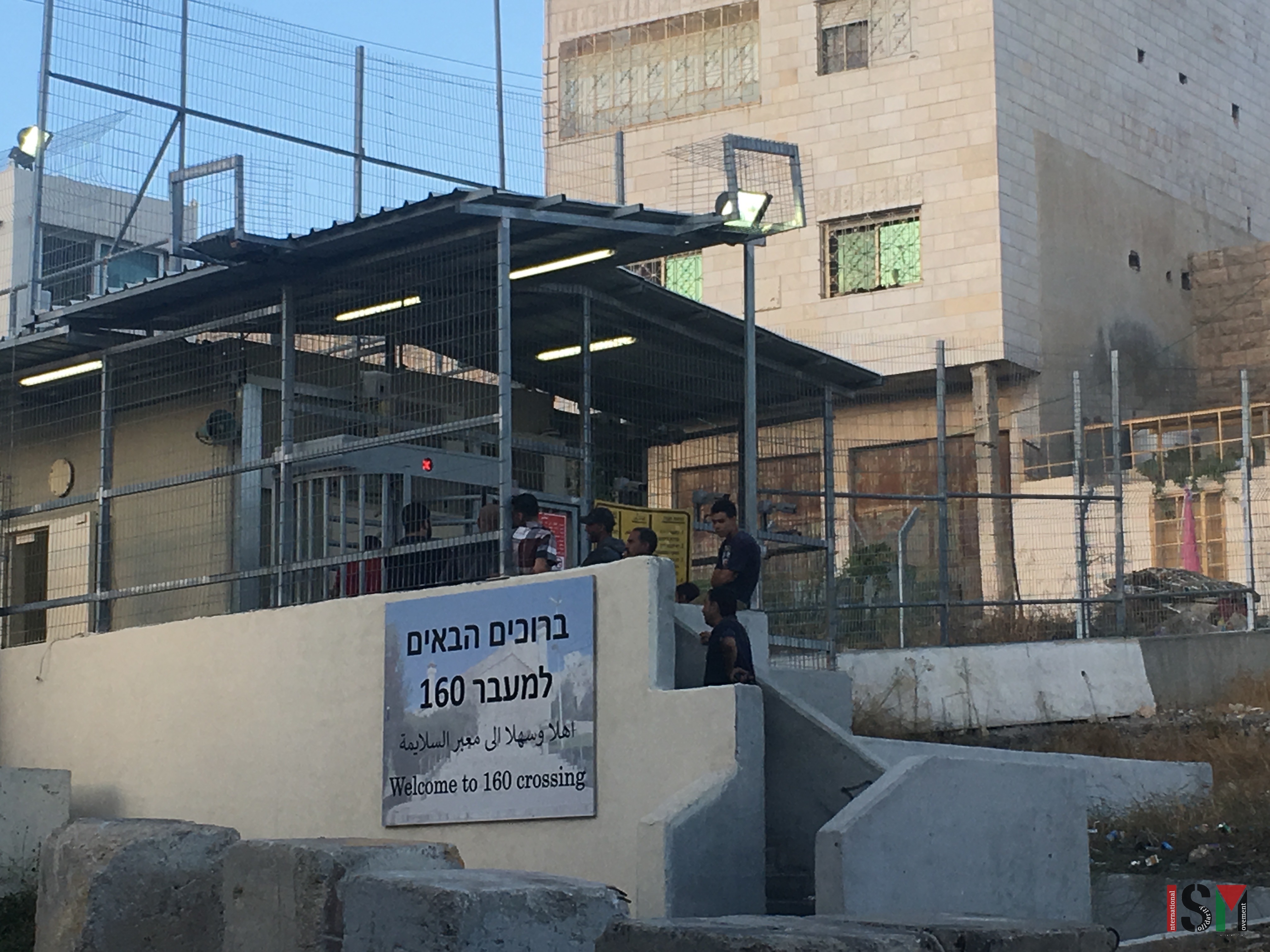Tag: israeli settlers
-

Report on Land Confiscations by the Israeli Army in Salfeet and Qalqilya Area
The Israeli Occupation Forces have recently announced a new series of land seizures in eleven villages in Salfeet and Qalqilya, Occupied Palestine, a move that will affect almost 1 million square metres of Palestinian land.
-

Waiting at a checkpoint
An ISM activist writes about her experiences volunteering in Hebron (Al Khalil) during Netanyahu’s visit to the city.
-

20 arrested as activists raise Palestinian flag in settlement
Over a hundred Palestinian and international activists entered an illegal Israeli settlement and raised the Palestinian flag on Saturday, October 26. Settlers and Israeli Occupation Forces responded violently to the peaceful protest, firing tear gas and flash grenades and arresting at least 20 people, including nine internationals and seven journalists.
